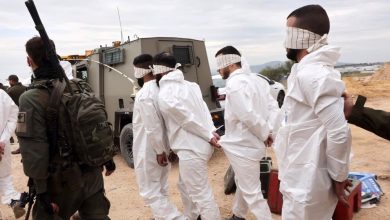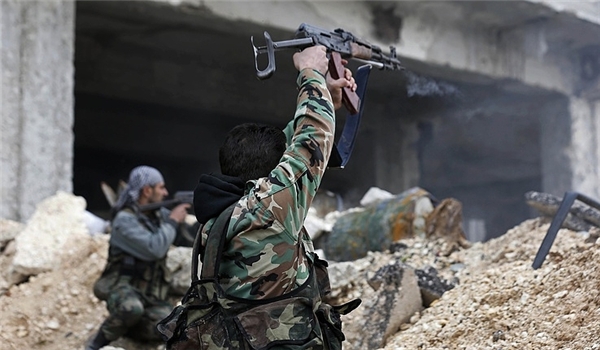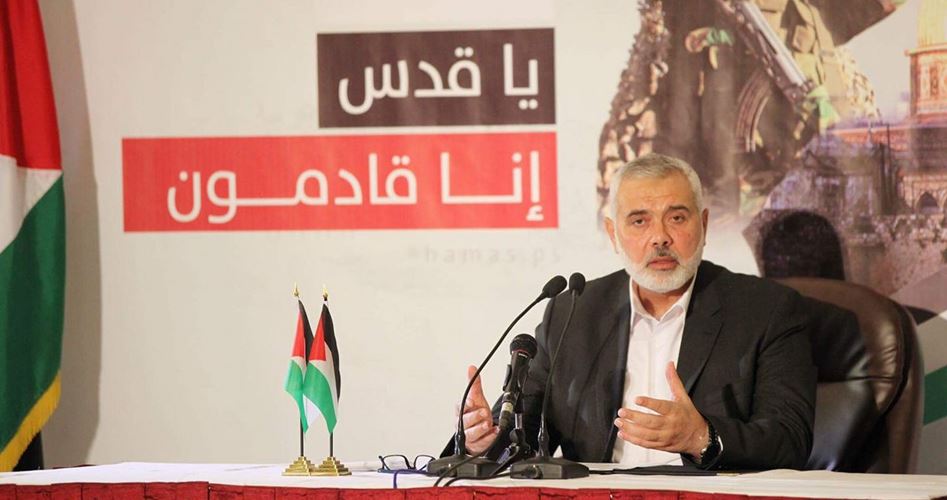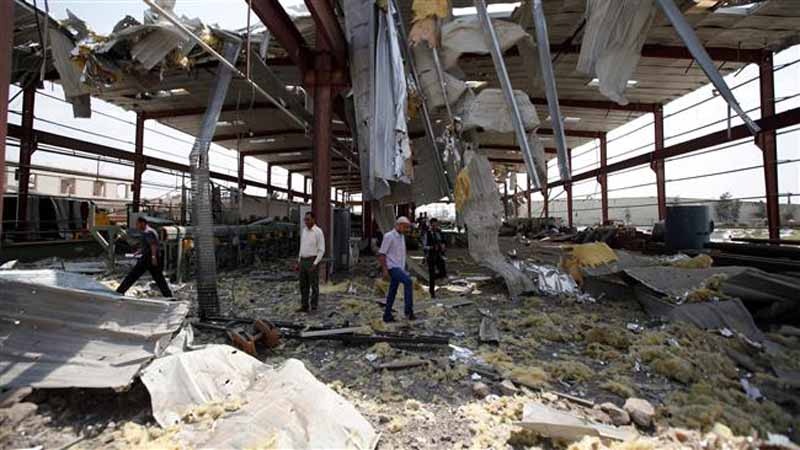The Iraqi government says Hashd al-Shaabi forces, also known as the Popular Mobilization Units (PMUs), are to be placed on par with Iraq’s army units and subject to military law. The statement from Prime Minister Haidar al-Abadi, released on the English-language PMUs Twitter feed, touched on the important role played by the group in seizing back territory from Daesh. The statement stipulates that “politics” would be banned within PMUs, which comprises various Iraqi sects, assisting army soldiers in battles against Takfiri terrorists. “Members of the Hashd who are part of this body are to have no links to any political, party political or social framework,” the statement said. A spokesperson for the Popular Mobilization Units said the change would put the forces on par with the elite Counter-Terrorism Forces. “We are now under command of the prime minister’s office currently held by Haider Al-Abadi,” the spokesperson pointed out. The Popular Mobilization Units has played an important role in seizing back territory from Daesh terrorists, and together with Iraqi army troops and tribal fighters managed to recapture the strategic western city of Fallujah late last month. The report comes as the Iraqi military and its allies are preparing to launch a large-scale operation and liberate the northern city of Mosul, which Daesh has proclaimed its headquarters in Iraq. Mosul fell to Daesh Takfiris early in the summer of 2014. An offensive launched in 2015 to retake Mosul came to a halt after Daesh militants overran the city of Ramadi, which is the capital of the western province of Anbar and about 110 kilometers (68 miles) west of Baghdad. Ramadi was liberated in December 2015. On June 18 this year, Iraqi forces launched an offensive against Daesh terrorists to retake the southern part of Mosul, one day after they retook Fallujah. The forces aim to ultimately recapture the entire Mosul. The northern and western parts of Iraq have been plagued by gruesome violence ever since Daesh terrorists mounted an offensive in the country in June 2014. Iraqi government forces, backed by fighters from allied Popular Mobilization Units, have been pushing the militants out of the country’s territory.
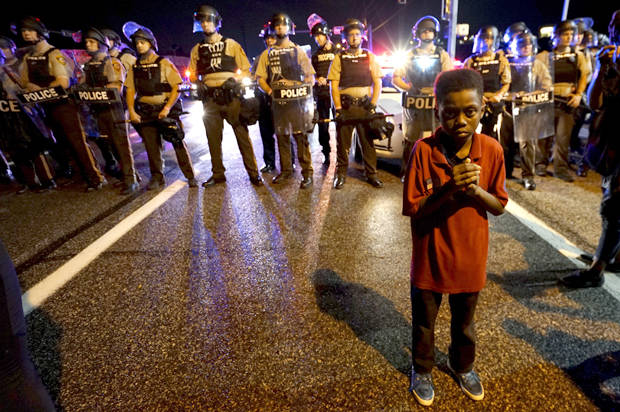

An African American journalist says the country is not a “sweet” one for the black community members as racial profiling remains “a reality” in the American society.
“Racial profiling is a reality as far as policing is concerned,” said Abayomi Azikiwe, editor at Pan-African News Wire. “In the United States, police target African American motors as well as pedestrians by pulling them over and already having the assumption that they’re involved in criminal or illegal activity.”
Philando Castile, 32, was an African American shot inside his car earlier this month as he tried to reach for his driver’s license following orders by police to pull over.
According to Azikiwe, “there was no reason for him (Castile) to be pulled over by the police,” except the fact “his skin was black.”
His death sparked outrage leading to protests by the Black Lives Matter activists, including one in the US State of Minnesota on Tuesday, in which some 50 people were arrested.
Azikiwe asserted that Castile was just one example of racial profiling by the US police, referring to the shooting death of 37-year-old African American Alton Sterling.
A graphic video of the shooting recorded by a bystander infuriated that African American community as it showed the officer shooting Sterling five times at close range.
Castile’s death was also recorded and uploaded to social media by his girlfriend, who was also in the car.
According to Azikiwe, racial profiling by the United States law enforcement, which includes “citation, arrest, beatings and even death,” is a “pervasive” problem throughout the country.
“This is a major problem in the United States. People around the world should be aware that America is not a sweet country; it is not a country that can be held up as a beacon for human rights and civil rights, particularly as it relates to the oppressed.”
“This has to change,” he added, censuring the administration of President Barack Obama for having failed to “respond” to police brutality.
